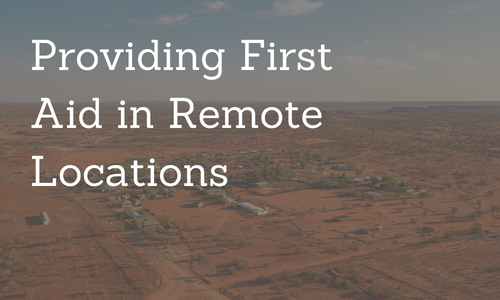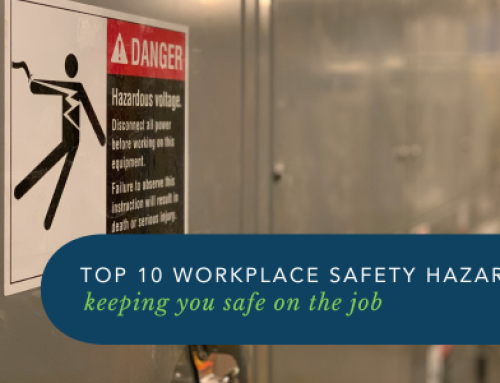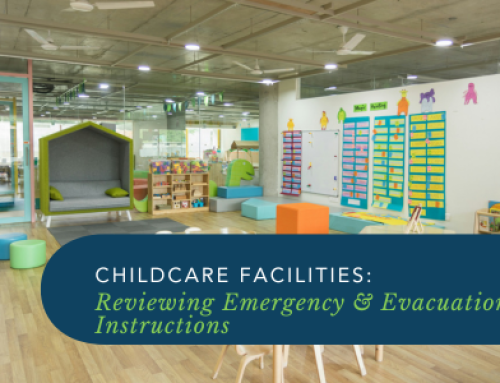The ability to provide First Aid in Remote Locations is incredibly important here in Australia. Most of the time when a medical emergency occurs there will be close and timely medical assistance available, through either the ambulance service, hospital, medical centre and/or doctor’s surgery nearby. Australia, however, has vast rural and remote spaces and as such, it is quite possible that medical emergencies may occur where a timely medical response is not available. This could apply to people involved in adventurous activities like hiking, canoeing, caving, four-wheel driving, and workers conducting their business in remote locations. Do you have workers who work in rural and remote areas of the country?
As a business owner (Person Conducting Business or Undertaking, or PCBU as defined in Work Health and Safety legislation) you have a responsibility to provide adequate measures to ensure the health and safety of your workers and this certainly applies to workers in remote locations.
Business considerations
Businesses need to assess the work location and type of work being conducted to ascertain the potential or actual associated risks and hazards to the workers. Doing so will allow you to determine the potential medical emergencies that may affect the workers. Considering the context of the location and environment is important for example, is it a marine environment, bushland, desert, rural and remote location or tropical environment. These different environments have varying hazards associated with them.
What can you do as an employer?
Consider the training provided to the workers in these areas. Are they sufficiently trained to manage the types of medical emergencies they may face typical of the locations in which they work? Do they know how to manage a snake bite compared to a jelly fish sting or a livestock injury? Are your workers appropriately resourced with equipment and training to carry out their duties competently and safely in these remote locations? This can extend to appropriate PPE such as correct clothing, head wear, sunscreen and insect repellent.
A basic first aid kit that you have in your car may not be sufficient to provide the required resources and equipment needed to manage the remote medical emergencies. For workers in these locations the first aid kit will need to be appropriately equipped to be able to manage the identified types of medical emergencies for that work location.
Communication is key
Communication in remote and rural locations is a real concern. Communication becomes even more of a concern when you are faced with a medical emergency to manage as well. In providing first aid, one of the main concerns is ensuring the provision of appropriate and early medical assistance to the patient, especially in life threatening situations. Workers should be equipped with appropriate means of communicating in the remote locations. If mobile coverage is poor or non-existent, do you have the use of a satellite phone to allow for communication? Workers should provide an itinerary of their work schedule whilst in remote locations and make regular contact, checking in with the office or Supervisor who is monitoring the worker to ensure they remain safe and allowing for actions to be taken in a timely way when contact has been lost with the worker.
Time is a huge factor in remote area first aid. It will often take a long period of time for medical assistance to arrive and be provided to the injured person. First aid will therefore look at being able to manage the person and focus on preserving life as best you can until that medical assistance arrives.
Are your remote workers prepared? Get in touch with Workplace Emergency Management for support and training to help your workers and meet your requirements as a business owner.
GET IN TOUCH
Are you ready for peace of mind that your workforce is as safe and prepared as possible?
With a dedicated team of staff ready to help you meet compliance requirements and improve the overall safety of your workplace, all you need to do is get in touch.
Request your free audit today!



